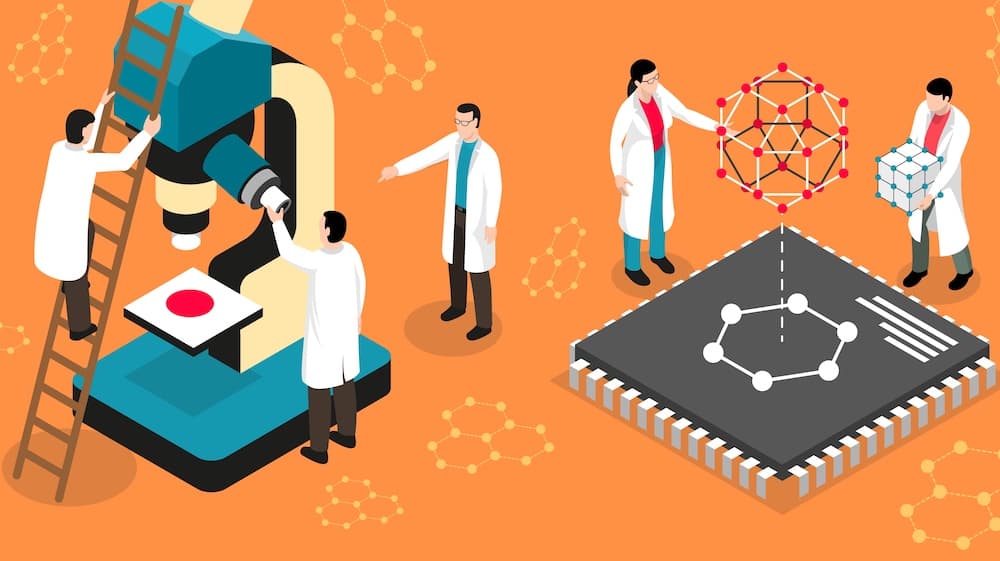
The company was selected from over 500 applicants to win a portion of the £140 million funding awarded by the NHS.
Digital health care company iRhythm Technologies has been named a winner of the Artificial Intelligence (AI) in Health and Care Award.
The announcement was made by Secretary of State for Health, Matt Hancock at London Tech Week’s Founders Forum HealthTech Summit this morning.
The competition was run by the Accelerated Access Collaborate (AAC) as part of the NHS AI Lab, partnership with NHSX and the National Institute for Health Research (NIHR).
The award aims to benefit patients by combining the power of artificial intelligence with the expertise of the NHS to improve health and care outcomes.
The Artificial Intelligence (AI) Award will make £140 million available to the 42 winners over three years to accelerate the testing and evaluation of the most promising AI technologies which meet the strategic aims set out in the NHS Long Term Plan.
iRhythm Technologies has not disclosed the exact amount of funding it has received.
iRhythm will utilise the funding to trial its Zio service in selected sites – comprising trusts, CCG’s and networks – across the UK. Throughout the three-year program, clinical, pathway and economic outcomes will be monitored and evaluated in order to inform any future commissioning decisions around the adoption of Zio within the NHS.
Justin Hall, vice president and general manager EMEA at iRhythm Technologies said: “The UK is home to some of the most cutting-edge, life-changing medical technologies. However, it is still taking years for medical devices to go from clinical trial to wide-spread adoption, meaning neither patients nor practitioners are seeing the many benefits of these innovations. We’re absolutely delighted to have been chosen as part of the pilot to change that.
“This funding is a step in the right direction in accelerating our Zio service to ensure that people have access to fast, critical care as and when they need it. This is a significant validation of the level of clinical evidence and transformational potential of the service within the NHS.”
Zio is a cardiac monitoring service, used to quickly detect a range of arrhythmias. The patch-like device can be fitted at home to the patient’s chest and provides uninterrupted monitoring of the individual’s heartbeats as they go about their daily lives. Underpinned by artificial intelligence, it can detect 12 arrhythmia classes using its deep neural network.
After the prescribed wear time, the patient removes the device and posts it back to iRhythm. Once the device has been received, cardiac technicians review the data with the help of deep learning and classic machine learning to generate a detailed report to facilitate clinical diagnosis.
The company says this has the potential to save lives and relieve some of the pressure placed on NHS resources.
Despite some arrhythmias having the potential to cause life threatening health issues, the process of detecting heart conditions – such as AF, that can lead to a stroke – typically relies on outdated devices.
Hall said: “Conventional short-term monitoring methods – such as the Holter device, which is widely used to monitor for such heart conditions, often miss arrhythmias due to the short wear time of 24 to 48 hours.
“The Holter is a burden to clinicians and patients alike, having to be removed for exercise and showering leading to inconsistent data sets. It’s usage therefore often requires multiple appointments before an arrhythmia is discovered and managed.
“This could result in potentially detrimental health impacts, as well as being uncomfortable for the patient. Without the complete and representative data set, clinicians cannot always rely on the information gathered to form a definitive diagnosis.”
iRhythm says Zio could also have cost-saving benefits for the NHS by reducing repeat appointments, eliminating the need for face-to-face consultations and streamlining the patient diagnostic journey.
Hall said: “In light of the COVID pandemic there is an increased demand for in-home patient monitoring as patients are reluctant to attend hospitals. With an extended monitoring period of up to 14 days – compared to the short wear time of the Holter device – Zio could reduce both hospital inpatient and outpatient admissions and associated costs to the NHS.”
Four phases of award are available to support AI solutions from initial feasibility to evaluation within NHS and social care settings. Phase 4 – of which iRhythm has been selected – is intended to identify AI technologies that need more evidence to merit large-scale commissioning or deployment.
The AAC will work with NHS sites to support their adoption of these technologies, and stress test and evaluate them within routine clinical or operational pathways to determine their efficacy and accuracy, as well as their clinical and economic impact.
The AI in Health and Care Award forms a key part of the AAC’s ambition to establish a globally leading testing infrastructure for healthcare innovation in the UK.
“Around 1.2 million people in the UK are registered with atrial fibrillation, with nearly half a million predicted to have AF undiagnosed. When treating these serious cardiac conditions, accurate and timely diagnoses can mean the difference between life and death. This funding is a step in the right direction in accelerating our Zio service to ensure that people have access to fast, critical care as and when they need it.”
iRhythm was founded in 2006 and received FDA clearance for its first-generation Zio patch in 2009. The commercial launch of Zio XT followed two-years later and by 2019, over 2 million patients were treated using the Zio service.





